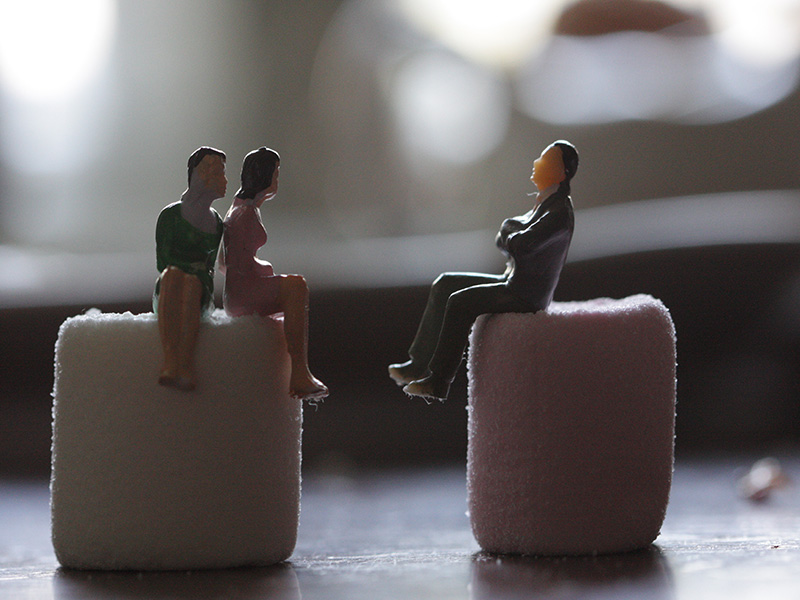Passover is all about talking. No, not just the argument about politics you will have with Uncle Louie. The Passover seder, which is structured around the Haggadah, is meant to be a symposium of conversation, an evening of dialogue and discussion.
Even telling the story of the Exodus isn’t quite enough. You’re supposed to speak about the slavery and freedom as much as possible, until you fall asleep at the table.
Indeed, the great kabbalist, the Arizal, says that the word Pesach should be broken into two words, “peh sach”, which means a speaking mouth, because Passover is a time for talking. Freedom is always noisy, always filled with a cacophony of voices. That’s why the seder features conversation. We celebrate the evening by asserting our freedom of speech.
READ: TRUMP-ERA SERMONS SHOULD FOCUS ON CHARACTER, NOT POLICY
Slavery, on the other hand, is about silence. As Rabbi Joseph B. Soloveitchik puts it: “Before Moses came there was not even a single sound… The slaves were gloomy, voiceless and mute.” A slave keeps his mouth shut. He forever is in perpetual fear of his master. And silence suits the slave, who sees no point in complaining and cannot imagine any possibility of change.
We can see a reflection of the slave mentality in today’s totalitarian governments. Citizens may speak, but only what’s approved by the regime. Their own thoughts must be silenced. Nicholas Kristof describes a visit to North Korea he took in 1989: “I stopped in a rural area to interview two high school girls at random. They were friendly, if startled. So was I when they started speaking simultaneously and repeating political lines in perfect unison. They could have been robots.”
These girls’ robotic responses are the words of slavery. In them you hear a soul too frightened to express itself or even dream of hope. The heart of the slave is silent, unable to express its own thoughts; only the Pharaoh, the master, the dictator, can express themselves.
The Zohar says that when Moses arrived in Egypt, the voice of the Jewish People emerged. Moses, at first too frightened to talk himself, eventually finds his voice, and when he does, he begins the fight for freedom.
Since Moses, Jews have never lost their voice. And as we sit around the Passover seder, we should remember that a direct line connects Moses’ call of “let my people go” to the words of Isaiah, and on to the words of Theodor Herzl, David Ben-Gurion and Menachem Begin.
Perhaps the most remarkable characteristic of Jewish history is how the Jews never lost a sense of self-determination in years of crushing exile. Unquestionably, the Passover seder kept the minds of the Jews free, even when their bodies remained in chains. Even during the Holocaust, Jews could speak to each other of freedom, and remain free in their hearts.
Yaffa Eliach recounts an improvised seder in Bergen Belsen. Rabbi Israel Spira, the Bluzhover Rebbe, spoke to the children and said “We, who are witnessing the darkest night in history… will also witness the great light of redemption,” and he quoted Isaiah’s messianic vision: “The people walking in darkness have seen a great light; on those living in the land of the shadow of death a light has dawned.” Rabbi Spira told the children they, too, could hope for redemption, and dream of the day they would walk out of darkness into light.
Even in Bergen Belsen, Jews continued to speak of freedom. Even in the hell of the Holocaust, a few whispered words at the seder could keep the dream of freedom alive.
At many seders, the Haggadah is an impediment, something that gets between us and the brisket. But when you feel the urge to ask, “How long will it take to finish the Haggadah?” remember that it is words, and in particular the words of the Haggadah, that have brought freedom to the world.





